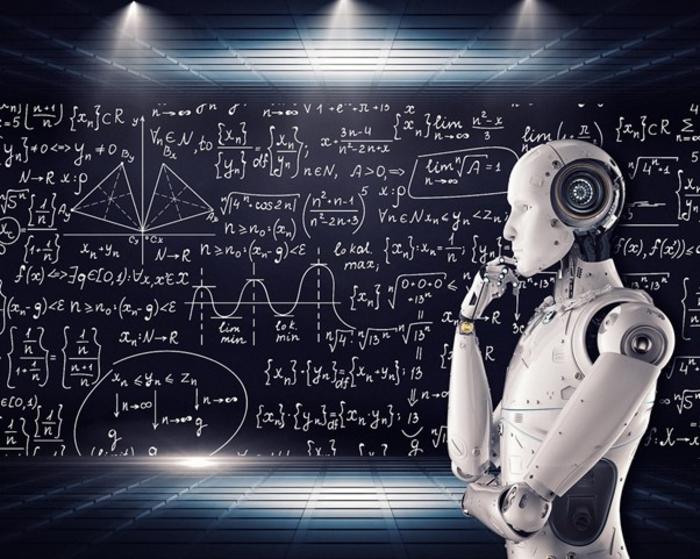The advent of artificial intelligence (AI) presents several new and exciting opportunities for improving the quality of education. While several ways of integrating AI into schooling have been explored, only a few of them consider changing the traditional school operations and educational practices.
The advent of artificial intelligence (AI) presents several new and exciting opportunities for improving the quality of education. While several ways of integrating AI into schooling have been explored, only a few of them consider changing the traditional school operations and educational practices.
In a recent article that was published on 23 July 2024 in the ECNU Review of Education, Professor Yong Zhao from the University of Kansas explored more radical changes that may be applied to traditional schooling to fully utilize the potential of AI technology for benefiting students. “Numerous publications have appeared, all trying to suggest, recommend, and predict the future of AI uses in education. However, most of the discussions, regardless of their scholarly quality, are primarily focused on using AI in the traditional arrangement of schools”, explains Professor Zhao. “The assumption is that everything the traditional school has operated with shall remain the same. AI tools, according to most of the advice, are to be incorporated into teaching by teachers just like previous technologies,” he notes.
By investigating a broader view of possible changes that can be applied to the current schooling system, the article not only suggested ways of utilizing the potential of AI technology better but also dealt with leveraging AI to support personalized learning. The article notes that although personalized learning has clearly demonstrated benefits, it has not been widely implemented in schools in its true sense. AI tools present a unique opportunity to implement personalized learning, customized to individual student needs harnessing their unique talents and potential.
Traditional schooling systems aim to create members of the workforce. However, AI has disrupted the job market, eliminated traditional career roles and created new roles. In the article, Professor Zhao noted that focusing and building on each child’s innate talents and unique strengths is essential for them to be successful in any career of their choice. Since any potential talent when sufficiently honed is valuable in the age of AI , he argued that educational systems must focus on students’ strengths rather than their weaknesses. Furthermore, the article suggested that the traditional curricula might need to change to make way for personalized education. Students could use AI and other resources to follow their interests and passion. This might also eliminate the requirement for age-based classes and promote learning with tools, resources, experts and peers aligned with the same interests rather than age.
Besides personalized education, AI can also be effective in facilitating project-based learning. The article noted that AI tools can help schools inculcate skills such as problem solving and independent thinking in students, transforming them into individuals with critical thinking and analytical skills. Integrating AI into the education system will also transform the role of teachers. They would become coaches and mentors who would work with the students to help them identify their strengths and potential and guide them to become the best versions of themselves. They would also need to be updated with the AI tools and help students utilize AI as a learning partner.
Traditional educational systems resist change, and now, with the advent of AI, there are several more incentives for changing how schools operate. In the article, Professor Zhao examines the question of whether and how educational systems can change in the age of AI. By considering broad-based changes to the schooling system, he suggests that the true potential of AI in learning can be unlocked. “AI is no doubt a powerful technology, but it is easy to underestimate its power. Uses in the traditional classroom to assist students and teachers in learning and teaching helps, but they also minimize the transformative power of AI,” Professor Zhao observes. “Schools could be transformed with the advancement of technology, especially generative AI. The changes should start with student-driven personalizing learning and problem-oriented pedagogy, “he concludes.
***
Reference
Titles of original papers: Artificial Intelligence and Education: End the Grammar of Schooling
Journal: ECNU Review of Education
DOI: https://doi.org/10.1177/20965311241265124
Journal
ECNU Review of Education
DOI
10.1177/20965311241265124
Method of Research
Literature review
Subject of Research
Not applicable
Article Title
Artificial Intelligence and Education: End the Grammar of Schooling
Article Publication Date
23-Jul-2024
COI Statement
The author declared no potential conflicts of interest with respect to the research, authorship, and/or publication
of this article.





